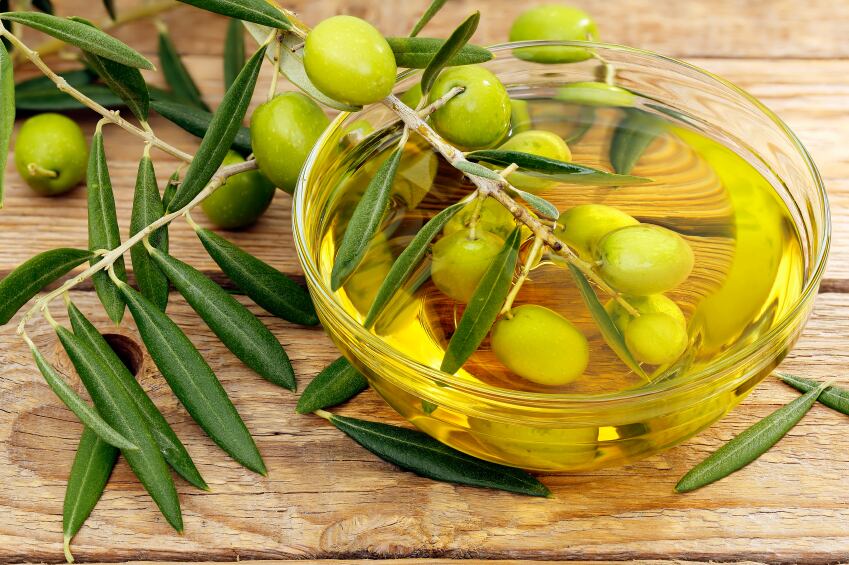The prediction comes as evidence builds for the power of antioxidants in lowering the risk of chronic inflammatory diseases such as asthma, rheumatoid arthritis, ulcerative colitis and Crohn's disease.
Antioxidant is an all-encompassing term that also covers phytochemicals such as carotenoids and polyphenols. Both possess properties that have been linked to health benefits such as reducing the incidence of chronic diseases like type 2 diabetes.
Carotenoid composition
Carotenoids in particular have been implicated in a number of mechanisms including the decrease of inflammatory mediator production through effects on cell signalling and gene expression, the reduction of damaging oxidant production, and the promotion of gut barrier function and anti-inflammatory responses.
The power of antioxidants centre on a series of complex mechanisms that nutritional product makers have been quick to harness and market as a health-enhancing dietary supplement, adding to a market expected to be worth $4.14 bn (€3.7 bn) by 2022.
“Our clinical studies have illustrated how using carotenoids as a basis is crucial in how Cardiomato works,” said Dr Karin Linnewiel Hermoni, category specialist for Car-O-Blends at Lycored.
LycoRed’s supplement Cardiomato is marketed for cardiovascular health. The formula contains active compounds found in tomatoes that include lycopene, phytoene, phytofluene, beta-carotene, phytosterols and tocopherols (vitamin E).

“It addresses all those core risk factors for health, leading to improved management of oxidation and inflammatory processes in cells within the body leading to improved cardiovascular health and overall improved well-being.
“If you use the correct compositions of carotenoids and phytonutrients then you get the synergistic effects as well as the reduction in biomarkers for oxidative stress.”
As a natural antioxidant, lycopene’s mechanism of action appears to alleviate oxidative stress and decrease inflammation in animals by decreasing the proinflammatory cytokines and chemokines expression.
This is achieved by inhibiting the activation of a signalling pathway central to inflammation in vitro and in vivo.
Phenomemol phenols
Over the last few years there have been small advances made in understanding how the human body absorbs and metabolises the plant-made chemicals that make up the polyphenol family.
One such advance was the European Food Safety Authority's (EFSA) approval of a series of health claims for certain constituents of olive oil in 2011, one of which centered on the polyphenols in olive oil.
In a series of clinical intervention studies, a cause-and-effect relationship was established between the consumption of olive oil phenolic compounds (OOPC) and the protection of low-density lipoprotein (LDL) particles from oxidative damage.

The claim states: "Olive oil polyphenols contribute to the protection of blood lipids from oxidative stress."
The claim can be used for olive oil only and that contains at least 5 mg of hydroxytyrosol and its derivatives (e.g. oleuropein complex and tyrosol) per 20 g of olive oil.
In other words, OOPC are thought to act as the first line of defence against the harmful free radicals that exist in cellular compartments, and also extracellularly.
OOPC are also able to modulate gene expression, influencing protein expression and, subsequently, metabolite production.
Vitamin va-va voom
Recent micronutrient studies have placed vitamins once again in the spotlight as potent antioxidants, linking oxidative stress and inflammation with vitamins A, C and E.
A 2015 study review published in Human Psychopharmacology found vitamin B6 had a direct effect on immune function. Levels of vitamin B6 were down-regulated as a function of more severe inflammation.
“A prudent diet is a key determinant to health throughout the whole life and could reduce the deleterious impact of air pollution on health,” said Manfred Eggersdorfer, senior vice-president of nutrition science and advocacy at DSM and co-author of a study on the vitamin's efficacy in negating health risks associated with air pollution.
“As demonstrated, some nutrients such as B vitamins, vitamin C, vitamin E, and vitamin D and omega-3 PUFA have protective effects against the damage induced by air pollution.”
“Increased intake of antioxidants, as well as other anti-inflammatory nutrients, may weaken air-pollution-induced oxidative stress and inflammation in cardiovascular disease, asthma and other chronic inflammatory diseases.”
